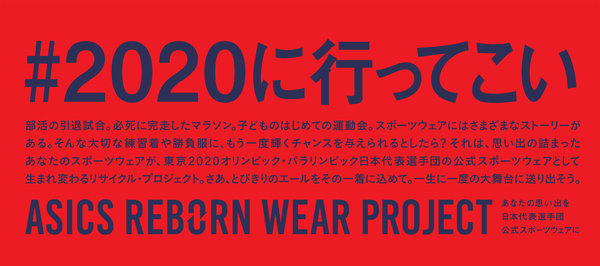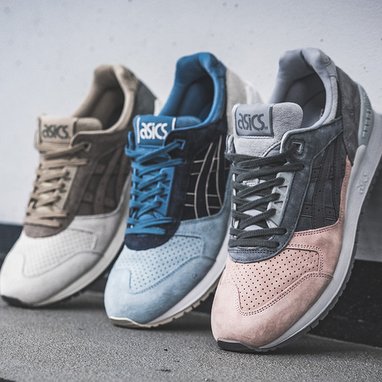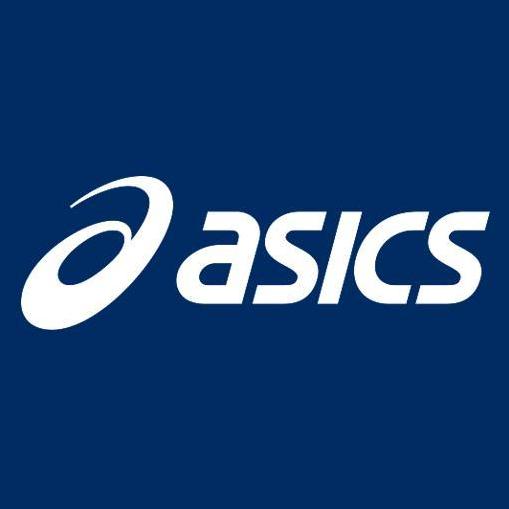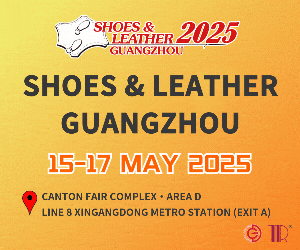Asics launches recycling project for the Olympics

Asics, Olympic and Paralympic Games Tokyo 2020 Gold Partner in the sporting goods category, launched the Asics Reborn Wear Project (ARWPJ) in January, aiming to offer a way to cheer for Tokyo 2020 Japan Olympic and Paralympic Team competitors
ARWPJ will recycle clothing associated with precious memories from school teams, sports days and marathons into the official wear of Tokyo 2020 Japan Olympic and Paralympic Team to be worn on the international stage. The project is open for all to participate and accepts clothes of any brand.
The project aims to gather about 30 000 items of sportswear with collection boxes set up in Asics retail stores, sports retailers and at sports events to promote widespread participation. Recycled fibers extracted from the donated clothes will be used to manufacture official wear for Tokyo 2020 Japan Olympic and Paralympic Team.
Additionally, the collection boxes will display a two-dimensional barcode that allows users to access a dedicated website and sign up for a special email newsletter. Registered users will be able to receive messages from athletes, information on Tokyo 2020, and email progress reports as the clothing they have donated is reborn as official wear. There is also a launch of content generator that allows users to digitally frame photographs of sportswear with sentimental value and post it on social media, further building up positive energy ahead of Tokyo 2020.
Asics aims to contribute to the realization of a sustainable society in line with the UN’s Sustainable Development Goals (SDGs), and its target to reduce CO2 emissions by 2030 was officially approved by the Science Based Targets initiative (SBTi)*1 on the 1st of August 2018. One of the concrete measures which ASICS has set to achieve this target is replacing polyester materials in shoe uppers and sportswear products with 100% recycled polyester.
The project aims to gather about 30 000 items of sportswear with collection boxes set up in Asics retail stores, sports retailers and at sports events to promote widespread participation. Recycled fibers extracted from the donated clothes will be used to manufacture official wear for Tokyo 2020 Japan Olympic and Paralympic Team.
Additionally, the collection boxes will display a two-dimensional barcode that allows users to access a dedicated website and sign up for a special email newsletter. Registered users will be able to receive messages from athletes, information on Tokyo 2020, and email progress reports as the clothing they have donated is reborn as official wear. There is also a launch of content generator that allows users to digitally frame photographs of sportswear with sentimental value and post it on social media, further building up positive energy ahead of Tokyo 2020.
Asics aims to contribute to the realization of a sustainable society in line with the UN’s Sustainable Development Goals (SDGs), and its target to reduce CO2 emissions by 2030 was officially approved by the Science Based Targets initiative (SBTi)*1 on the 1st of August 2018. One of the concrete measures which ASICS has set to achieve this target is replacing polyester materials in shoe uppers and sportswear products with 100% recycled polyester.

ARWPJ will apply a circular production and development process to extract polyester from the donated items, use it to manufacture thread and fabric, and then produce new sportswear and shoes*2. ASICS is launching ARWPJ to advance sustainability and sports promotion, and to contribute towards making the Olympic and Paralympic Games Tokyo 2020 the most innovative to date.
*1 The Science Based Targets initiative is an international organization that supports companies in establishing emission reductions targets in line with scientific consensus on how to limit global warming to 2°C compared to pre-industrial era temperatures.
*2 For shoes, the upper and the insole are made with recycled materials.
*1 The Science Based Targets initiative is an international organization that supports companies in establishing emission reductions targets in line with scientific consensus on how to limit global warming to 2°C compared to pre-industrial era temperatures.
*2 For shoes, the upper and the insole are made with recycled materials.


















